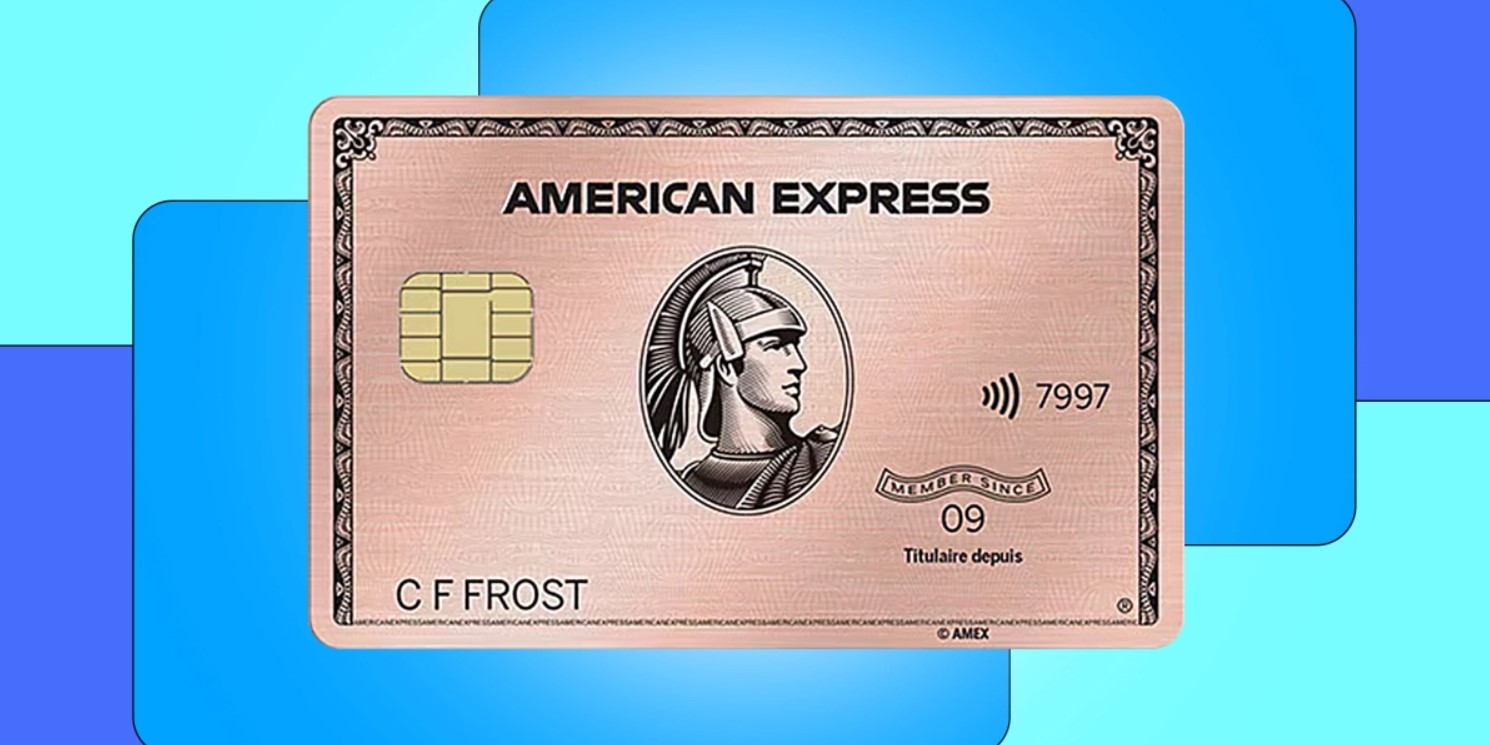Credit Card Dues: What the Waiver of Interest-on-Interest Means for You
In a relief to borrowers amid the festive season, following the Supreme Court's order, the government has announced waiver of interest on interest for loans up to Rs. 2 crores irrespective of whether moratorium was availed or not. According to estimates, the move is likely to cost the government Rs. 6,500 crores. As per the guidelines, the scheme can be availed by borrowers in specified loan accounts, including credit card dues, for a period from March 1 to August 31, 2020.
Here are 10 things to know:
1) According to the scheme, the lending institutions will credit the difference between compound interest and simple interest concerning the eligible borrowers in respective accounts for the six months irrespective of whether the borrower fully or partially availed the moratorium on repayment of loan announced by the RBI on March 27, 2020.
2) MSME loans, education loans, housing loans, durable consumer loans, credit card dues, auto loans, personal loans, and consumer loans are covered under this scheme.
3) On credit card dues, the rate of interest shall be the Weighted Average Lending Rate (WALR) charged by the card issuer for transactions financed on an EMI basis from its customers during the period from 1st March 2020 to 31st August 2020.
4) The computation of the WALR on credit card dues shall have been certified by the statutory auditor of the card issuer.
5) Credit card issuers typically rely on a range of rates for financing on an EMI basis. As a uniform rate is not available, WALR will be utilized as the benchmark rate, the government said.
6) For credit card dues as well as education loans, housing loans, durable consumer loans, credit card dues, auto loans, personal loans, and consumption loans the outstanding in the account as of the end of 29 February 2020 will be the reference amount on which the interest (simple as well as compound) will be calculated.
7) For accounts closed during the 6 months, the period for crediting would be from 1st March and restricted to the date of closure of such account.
8) While making the calculation, repayments in the loan account during the period to be reckoned will be ignored.
9) The lending institutions, after crediting the amount, will claim the reimbursement from the central government. They have been set a November 5 deadline on Saturday to waive interest payments
10) Any borrower whose aggregate of all these loans with lending institutions is more than Rs. 2 crores (sanctioned limits or outstanding amount) will not be eligible for ex-gratia payment under this scheme. The accounts should be standard as of February 29, which means that they should not be Non-Performing Asset (NPA).
Disclaimer: To spread awareness among the borrowers, this article has been mimicked from the LiveMint, and minor changes have been made thereupon. ChargePlate does not intend to plagiarize any third-party's exertion.
 Reviewed by Rahmat
on
October 25, 2020
Rating:
Reviewed by Rahmat
on
October 25, 2020
Rating:













No comments: